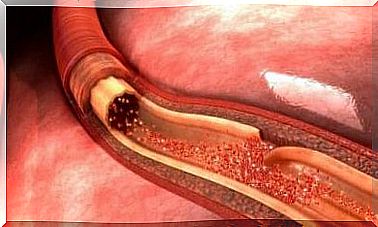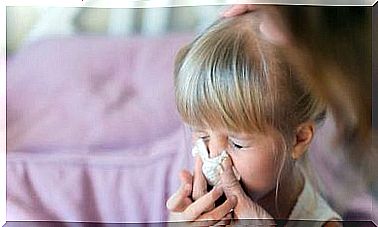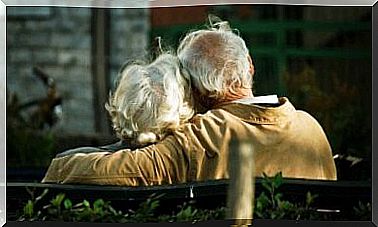Are People With HIV At Greater Risk Of Coronavirus?
While there isn’t a lot of information on this, it appears that people with HIV are not particularly vulnerable to coronavirus infection, and neither are they listed more among patients who tend to suffer from complications. But they have to take care of themselves, like everyone else.
As the world grapples with the coronavirus pandemic, the Acquired Immune Deficiency Syndrome (AIDS) pandemic also remains active. Currently, there are approximately 40 million people living with HIV. Many of them wonder if they are particularly at risk of contracting COVID-19. Or if they belong to the segment that develops serious complications.
There isn’t a lot of information on this at the moment. However, in early March, the 27th Conference on Retroviruses and Opportunistic Infections (CROI 2020) was held virtually. It was at this time that the only high-level report known to date on the subject of HIV / SARR-CoV2 co-infection was presented.
Information provided by experts indicates that people with HIV are not a particular risk segment in the coronavirus pandemic. This means that they are not more likely to get an infection. And that they are no more at risk of complications than those who do not have AIDS.
People with HIV are not at greater risk
What can be said is that, so far, there is not enough evidence that people with HIV are particularly at risk from the coronavirus, compared to other people. However, it should be emphasized here that new discoveries are made regularly and that there is nothing conclusive so far except the experience gained.
As for people with HIV and coronavirus, only one case has been documented in China. This does not mean that there were no other cases, but that it is the only one that has been followed up and resulted in a scientific publication.
The case concerns a 61-year-old Chinese man in Wuhan. Diagnosed with HIV, he also suffered from type 2 diabetes and was a chronic smoker: he consumed between 20 and 30 cigarettes a day. Upon admission to hospital, his diagnosis of HIV was confirmed and he was found to be in a severe state of immunosuppression.
The man received a 12-day course of lopinavir / ritonavir to treat COVID-19, along with other drugs to treat other conditions.
Surprisingly, the patient recovered and was able to exit. He remained in quarantine for two more weeks and eventually tested negative for the coronavirus.
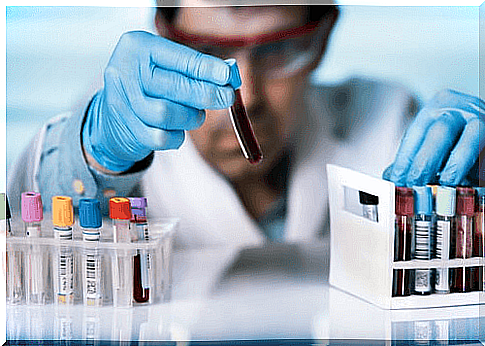
Precautions to be taken
It should be borne in mind that nothing can be taken for granted in a single case. However, since no specific incidence of COVID-19 has been reported in people with HIV, there is no particular risk of contracting the infection or complications.
However, subject matter experts have made some specific recommendations. The first is that people with HIV who are on antiretroviral therapy should follow the treatment guidelines precisely. In particular, the medicines of one of these persons are for their exclusive use. On the other hand, they should not be shared with anyone.
Otherwise, it is recommended to follow the same guidelines as those given to all others. In particular, respect the decreed quarantines, keep a social distance and wash your hands frequently. The elderly and those with other chronic illnesses should also be especially careful.
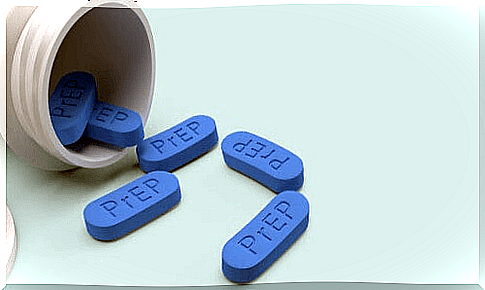
Myths and truths
As there has been no particular incidence of coronavirus in people with HIV, rumors and false information have started to circulate which only calls for confusion. For example, we have heard that antiretroviral treatment prevents contracting COVID-19. There is no evidence of this.
In addition, there is also no scientific evidence that people who regularly take lopinavir / ritonavir, or other drugs in the protease inhibitor family, have particular resistance to the coronavirus.
Starting or changing treatment on the basis of this false information does not prevent infection with the coronavirus. But it can also be counterproductive in the management of HIV.
It is also not advisable to take doses of drugs higher than those recommended. People with HIV should only take the treatment they have taken so far. And follow the same step-by-step recommendations as those given to everyone.
What should people with HIV do during the coronavirus pandemic?
Ultimately, the recommendations for people with HIV during the coronavirus pandemic are to isolate themselves, have good hygiene, and maintain the antiretroviral treatment they were already receiving.
They should ensure that they have drugs available for a long time. Indeed, we do not know when the quarantine measures will end. And faced with the slightest doubt, the best consultation will be that of the general practitioner in charge of their follow-up.




